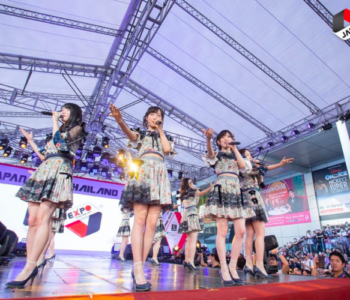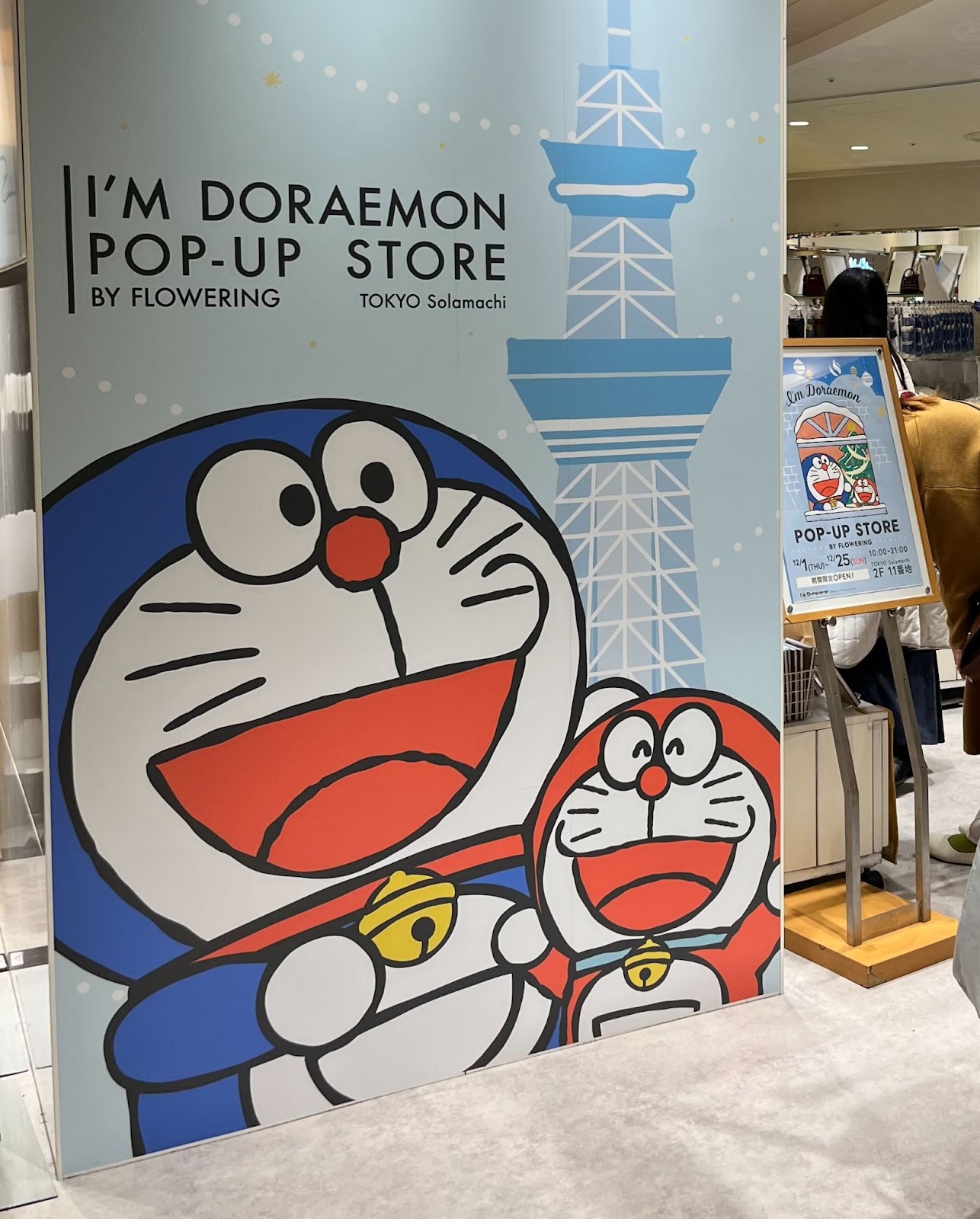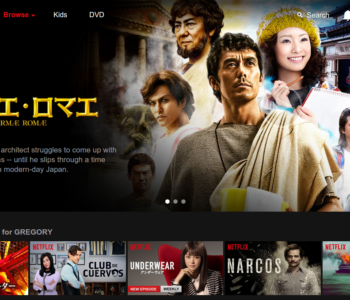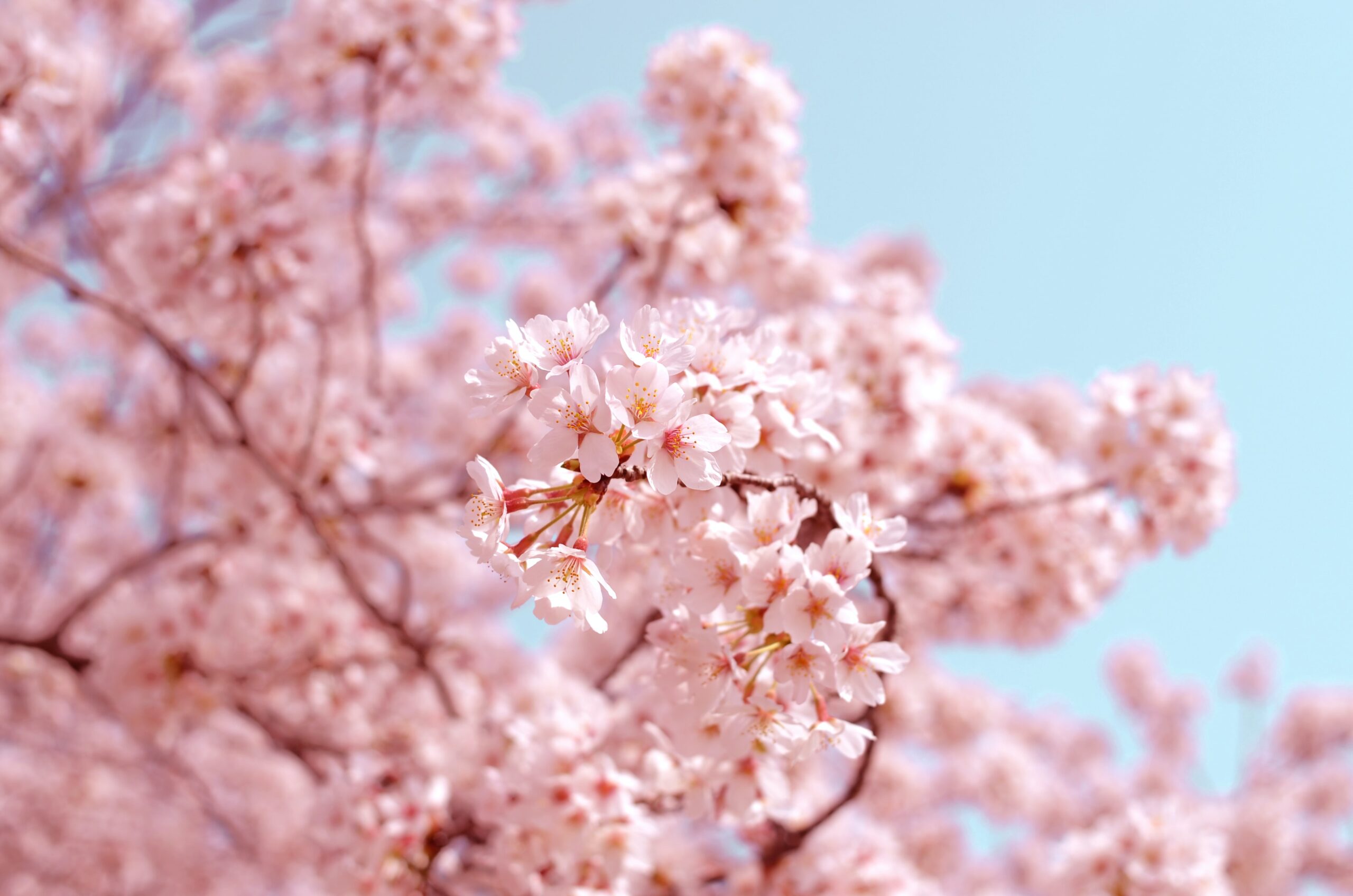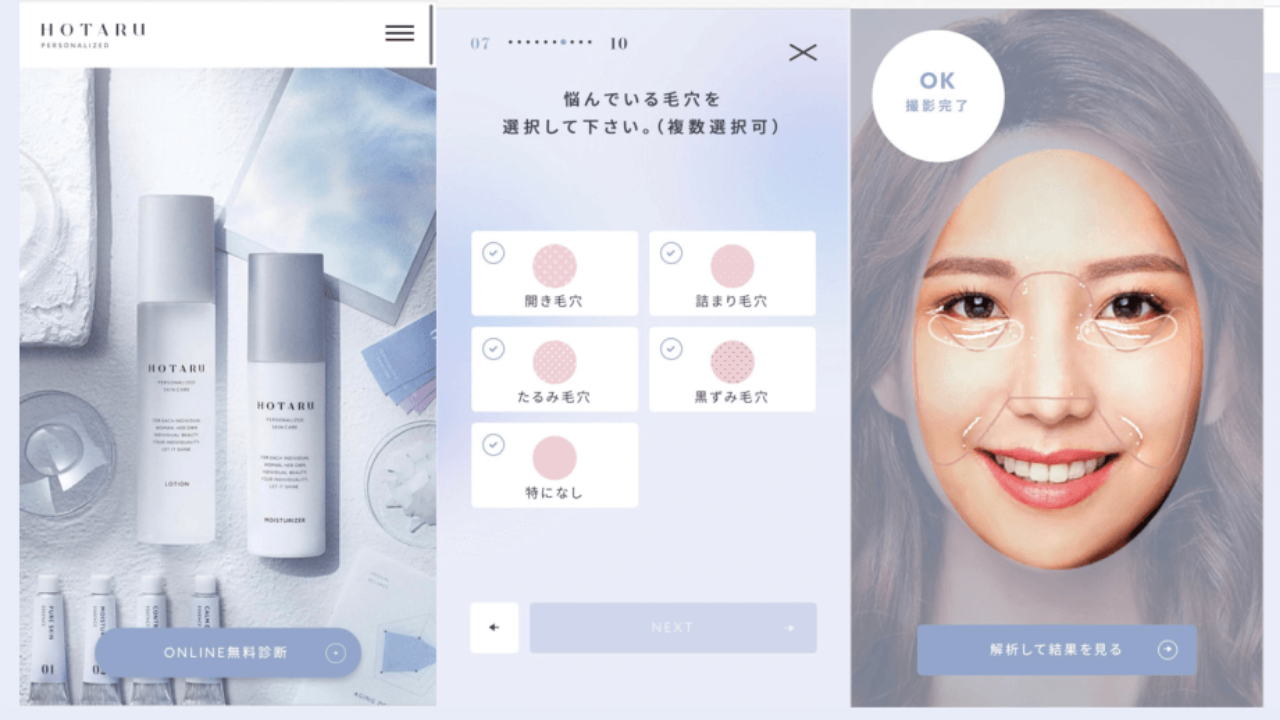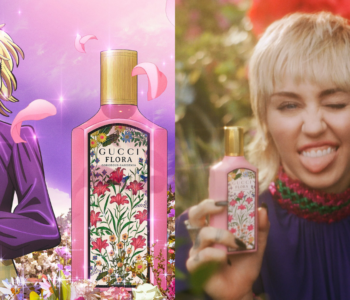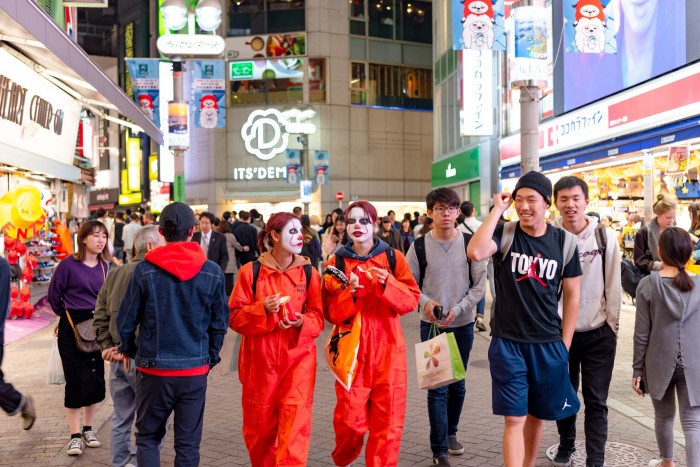 Culture
Culture
Halloween in Japan 2019: A Frightening Success?
By Ryoko Ward

This week, we take a look at some examples of campaigns for Halloween in Japan and how the event fits culturally into the local context.
What is the meaning of Halloween in Japan?
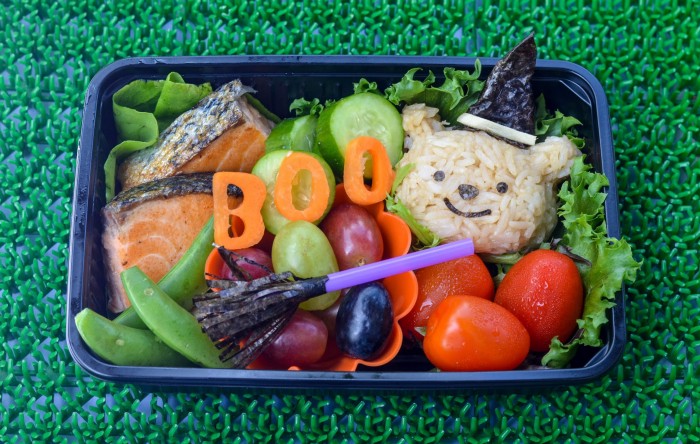
For Japanese people, Halloween is a relatively new concept. The majority of people never celebrated it until around the turn of the millennium, when the major theme parks such as Tokyo Disneyland and Universal Studios Japan in Osaka started to introduce Halloween-themed events. Halloween has gained more and more visibility over the past decade and now it has become another reason to party. If you are wondering what it looks like, this video might give you a good idea.
When you watch the video, you might notice that all the participants in the street party are young adults. This is one of the differences from how the event is celebrated in the west. Unlike in the west, you won’t see many kids coming out to the neighbourhood in costumes to knock on the doors trick-or-treating. Halloween in Japan presents an opportunity for adults to go let their hair down and release pent-up stress.
The Halloween market in Japan
The market for Halloween-related goods and services in Japan is estimated to be worth around ¥115.5 billion JPY this year, a decrease of 7% compared to the previous year, according to Kinenbi Culture Laboratory. The research cites three reasons for the shrink in market size, including the tax increase from 8% to 10% which was implemented at the beginning of October, which might discourage people from spending money on ‘unnecessary’ things like Halloween costumes.
Secondly, Halloween celebrations in Japan sees their peak on the weekend closest to 31st Oct, but this year that weekend falls on 26–27th October, so people’s interest might shift to the Rugby World Cup Semi-finals.
Lastly, Korean visitors would usually visit Japan to see high-quality cosplay at the spectacular Halloween parties, but the ongoing political situation between Japan and South Korea may have an impact on the number of Korean tourists making an appearance this year. Kinenbi Culture Laboratory points out, however, that the Halloween market in Japan is still the third largest in terms of annual events, behind Valentine’s Day (¥126 billion JPY) and Mother’s Day (¥120.5 billion JPY), which tells us that the event is still something brands can take advantage of to ramp up excitement.
In fact, there are many campaigns and promotions relating to Halloween in Japan this year. Below are some examples.
Campaigns for Halloween in Japan 2019
‘Subtle Halloween’ Campaign by Morinaga Ice-cream
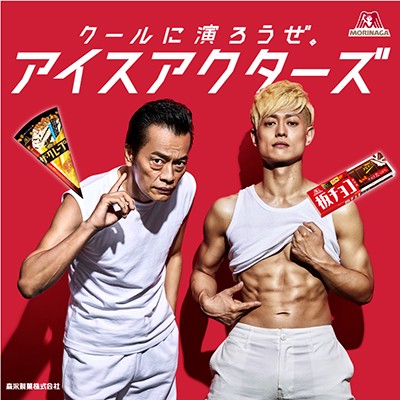
Morinaga, one of Japan’s major sweets brands, launched a ‘Jimi Halloween’ (地味ハロウィーン) campaign to promote their ice-cream products. The words ‘Jimi Halloween’ can be translated as ‘subtle Halloween’, which is a new Halloween trend in which people ‘dress up’ in such a subtle way, so it’s almost impossible to figure out whether they are actually wearing a Halloween costume or not. For example, you can turn up in a regular business suit pretending to be a specific person you know such as your friend, relative or colleague, and still claim to be participating in this ‘subtle Halloween’ trend.
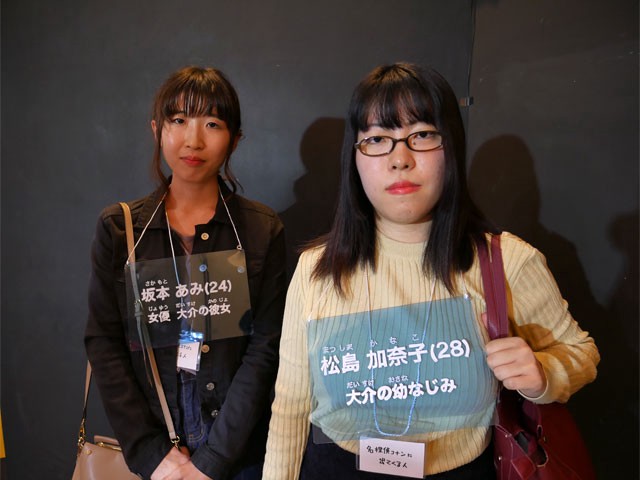
Or you can wear non-extravagant clothes and pretend to be someone else by creating your own story that could exist behind that person. Morinaga give examples of this on their website by showing a man with a Morinaga Crepe along with the caption, ‘A Showa-era idol ego-searching while eating a Morinaga Crepe,’ and a man holding another Morinaga ice cream, captioned with ‘A man who was saved by the chocolate bar ice-cream he had put in his breast pocket.’
The ‘subtle Halloween’ trend first started out when Daily Portal Z, an online blog platform owned by Nifty, had an internal Halloween party featuring ‘subtle’ costumes and themes in 2014. Since then, the number of people who have joined this trend has grown and there were 900 participants last year.
Morinaga is giving Japanese social media users a chance to win prizes by selecting a few people among those who uploaded their ‘subtle Halloween’ costumes and tweeted with #アイス地味ハロウィン (ice-cream subtle Halloween). The top prize is ‘a tacky jumper’ (below) and is only available for one winner!
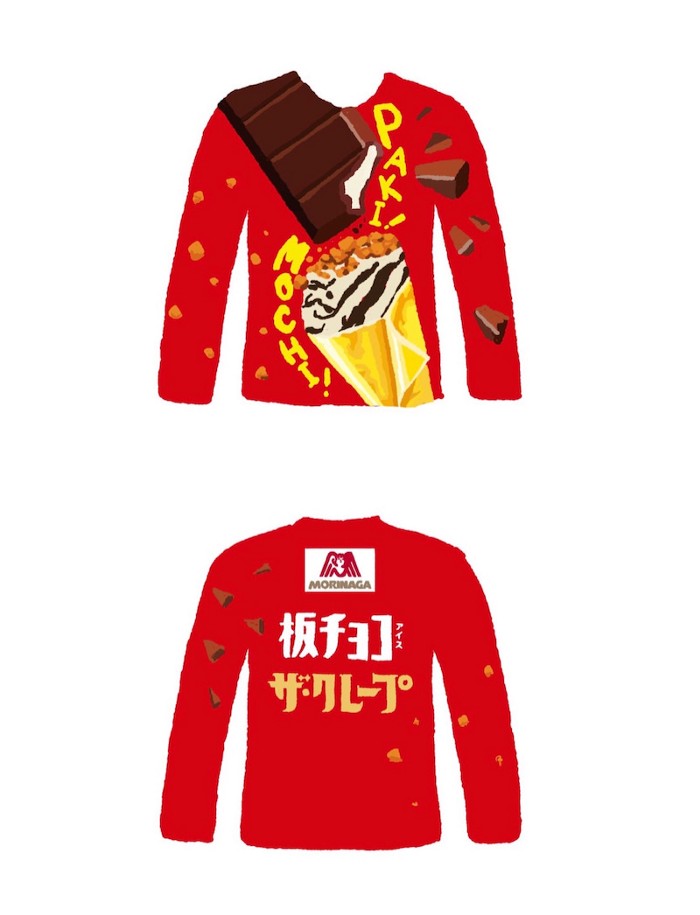
Halloween in Japan 2019: especially for pets — animaLabo
Halloween is not only for people but also for our furry friends. animaLabo, a pet photo contest platform managed by Kyoritsu Seiyaku (a pharmaceutical company for pets), is holding its 15th annual Halloween pet photo contest on Instagram. Throughout October, if you follow the official Instagram account and tag the account with the hashtag #ハロウィン猫 (Halloween cat) or #ハロウィン犬 (Halloween dog) along with your pet(s) in Halloween costumes, participants might get a chance to win a prize of ¥5,000 JPY voucher.
The pet industry overall is booming in Japan. Although the total number of dogs and cats are declining, the number of pets exceeds that of children, and the average amount of money people spend per dog or cat is also increasing. As the market is growing, it makes increasingly more sense to create tie-ups for pets at Halloween in Japan to further promote products and services relevant to pets, and in fact, this animaLabo Halloween campaign is just one of many examples of Halloween campaigns and events involving pets in Japan.
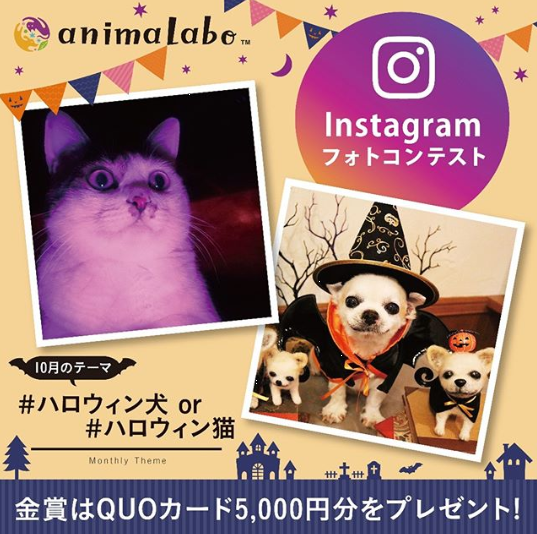
Domino’s Pizza’s ‘Halloween Roulette’
Between 14th October and 4th November, Domino’s Pizza in Japan is launching its ‘Halloween Roulette’ campaign which offers some entertainment to those who throw parties to celebrate Halloween. During this campaign, consumers can choose the option to have one super spicy slice (with Bhut Jolokia sauce) to the pizza of their preference, all without any additional cost. This is one way of promoting Halloween with friends.
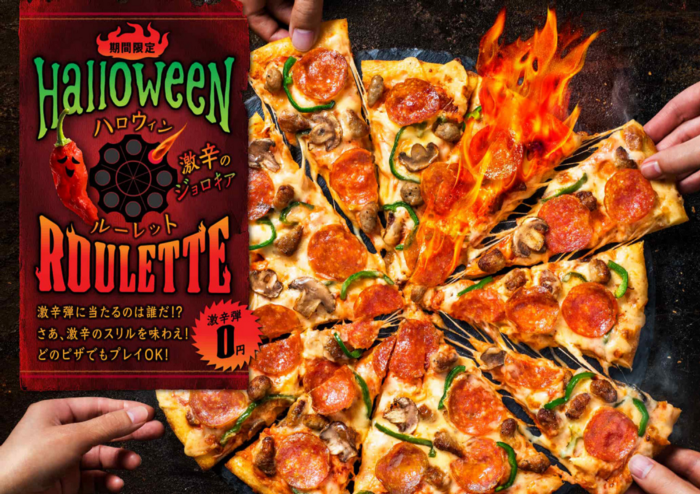
The brand also encourages their customers to follow their official social media accounts including Twitter, Instagram and TikTok, by promoting their online campaign. Ten people who follow either of these official social media accounts and upload pictures or videos of themselves enjoying a Domino’s Halloween Roulette pizza, along with the ‘#ドミノハロウィンルーレット (Domino Halloween Roulette)’ hashtag, have the chance to win ¥20,000 JPY in cash.
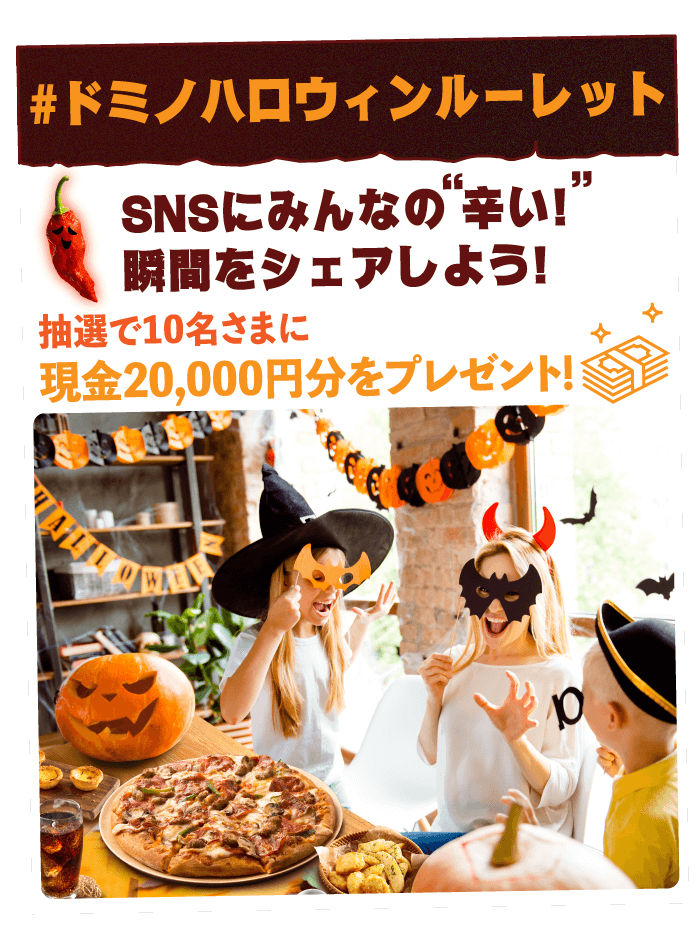
House Foods Group Inc. x Disney
From 1st August to 17th September, House Food Group Inc., one of the major food manufacturers in Japan, launched a campaign where people could win a ticket to Tokyo Disneyland to enjoy the Halloween themed special event. Consumers had the chance to win by answering a few simple questions online.
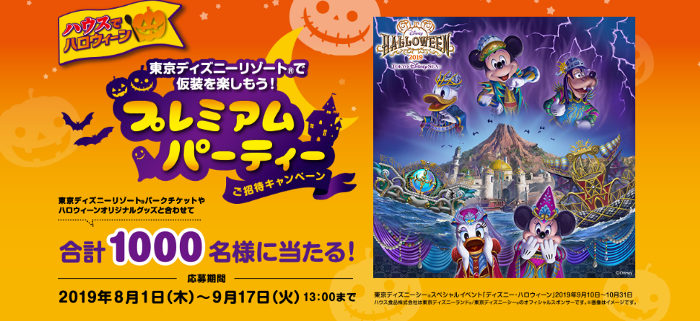
Pokémon Centre Halloween Campaign
Between 7th September and 31st October, all the Pokémon stores in Japan launched the ‘Pokémon Centre Halloween Campaign’. During this campaign period, customers could get a picture of one of the Pokémon characters, Lucario, in a Halloween costume when they spent more than ¥4,000 JPY at any one of the stores.
What does this mean for Western brands in Japan?
In our previous articles, we have demonstrated how Japanese consumers tend to have a certain fixation on seasonal and limited edition offerings. Perhaps we can say the Halloween-related campaigns we discussed here also appeal to Japanese consumers for the same reason. It is important to note, however, that despite the concept of ‘Halloween’ being comparatively new and since Japanese people perceive it as a rather ‘western’ custom, what they associate with Halloween might not necessarily resonate with how it is celebrated in the west.
To maximise the impact of a local campaign for the Japanese market, brands should be aware of unique consumer demands and existing trends related to the seasonal event in question.
See also: Golden Week 2020 in Japan
Keep checking back or follow us on LinkedIn, Facebook or Twitter to get notified about our latest posts. We’ll be adding more articles on seasonal and cultural occasions in Japan, so watch this space!
Alternatively, feel free to get in touch and see how we can help you develop your offering in the Japanese market.
